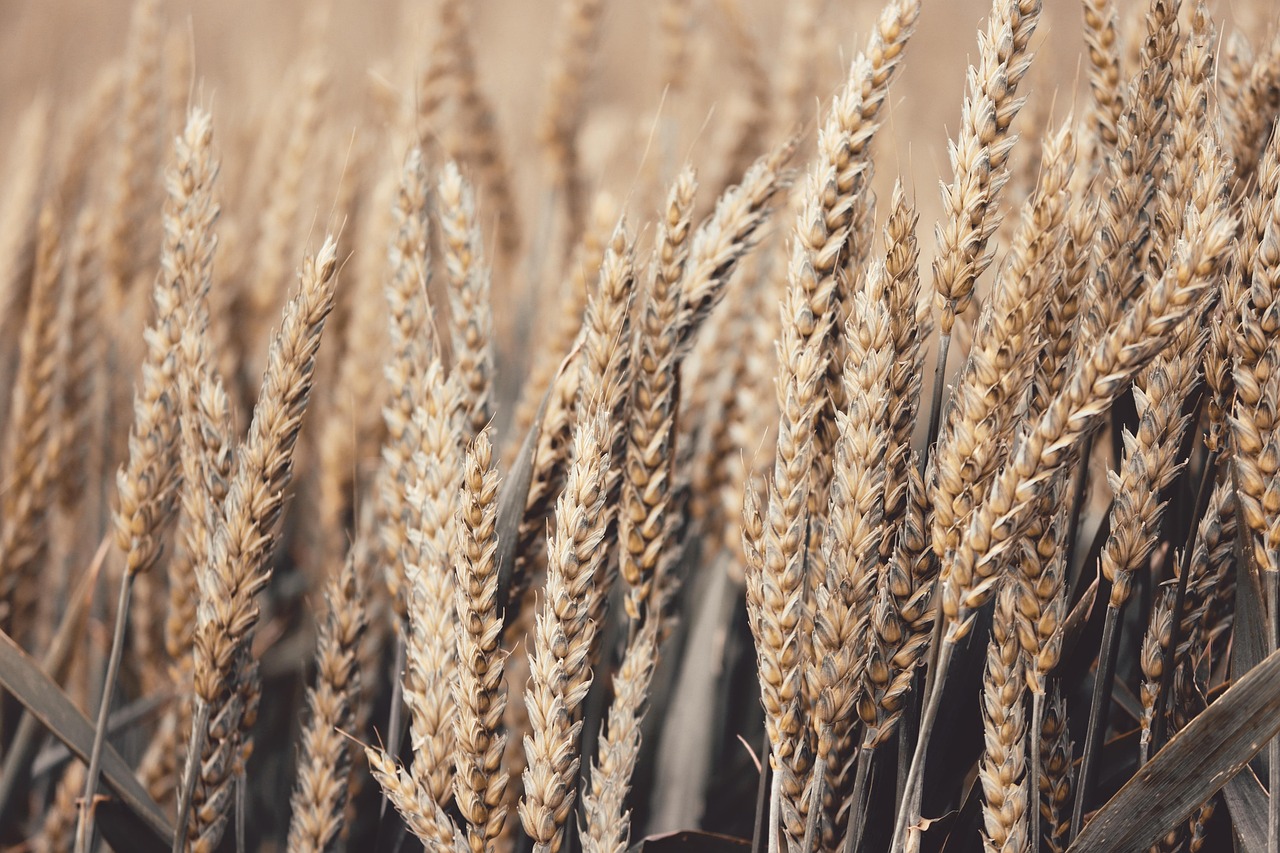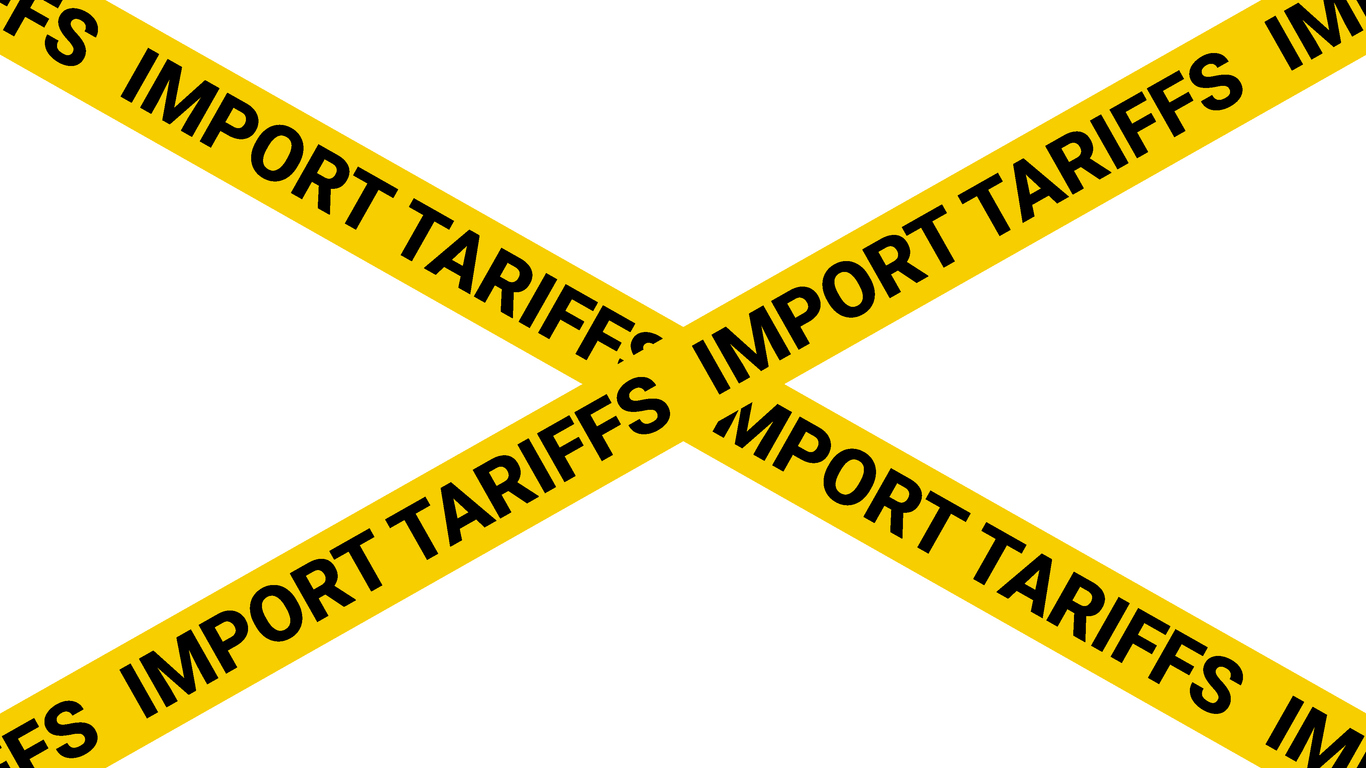Types of Grains in Nigeria: A Comprehensive Guide for Businesses
Nigeria’s agricultural sector plays a pivotal role in both local consumption and international trade. Among the most essential components of this sector are grains, which serve as staple foods and critical commodities for importers, distributors, and FMCG businesses. Understanding the types of grains in Nigeria is crucial for wholesalers, exporters, and logistics providers looking to capitalize on the country’s abundant agricultural resources.
Major Types of Grains in Nigeria
Nigeria produces a diverse range of grains, each with unique characteristics, nutritional benefits, and market potential. Below are the most significant grains cultivated in Nigeria:
1. Maize (Corn)
Maize is one of Nigeria’s most widely grown grains. It is used extensively in food products like cereals, flour, and snacks, as well as in animal feed. The versatility of maize makes it a vital crop for both domestic consumption and commercial trade.
Market Insight: Nigeria’s maize production supports the poultry industry and flour milling businesses, creating opportunities for bulk buyers and distributors.
2. Rice
Rice is a staple in Nigerian households and a high-demand commodity. Local rice varieties, such as Ofada rice, are popular for their unique taste and texture. Nigeria also imports significant amounts of rice to meet domestic demand, highlighting opportunities for businesses in sourcing and distribution.
Practical Tip: Wigmore Trading can help businesses source high-quality rice directly from farms, ensuring consistency and reliability for both local and international markets.
3. Sorghum
Sorghum is a drought-resistant grain commonly used in traditional Nigerian foods, beverages, and animal feed. Its adaptability to various climatic conditions makes it a reliable crop for traders and exporters looking for sustainable agricultural products.
4. Millet
Millet is another essential Nigerian grain, often used in making traditional dishes like tuwo and fura. It is rich in nutrients and has a growing demand among health-conscious consumers and specialty food producers.
5. Wheat
Though Nigeria imports most of its wheat due to limited domestic production, it remains a critical commodity for flour milling and bakery industries. Businesses sourcing wheat locally or internationally need reliable supply chains to meet industrial demand.
6. Other Grains
Other notable grains include cowpea (black-eyed peas), barley, and oats. These grains have niche markets in both food processing and livestock feed industries, providing additional opportunities for wholesalers and distributors.
Challenges in Grain Sourcing in Nigeria
While Nigeria is abundant in grain production, businesses often face challenges such as inconsistent supply, quality variability, and logistical constraints. Importers and exporters may encounter delays due to infrastructure limitations and seasonal fluctuations.
Solution: Partnering with a reliable sourcing and logistics provider like Wigmore Trading ensures smooth supply chain operations, quality verification, and timely delivery. This reduces risks and streamlines grain procurement for businesses.
Why Partner with Wigmore Trading
Wigmore Trading specializes in sourcing, importing, and distributing high-quality grains across Nigeria and the broader African market. By leveraging our extensive network of farmers, processors, and logistics partners, we help businesses secure consistent supply and competitive pricing. Whether you’re a food manufacturer, wholesale distributor, or FMCG operator, Wigmore Trading can simplify your grain procurement process and enhance your operational efficiency.
Contact Wigmore Trading today to streamline your sourcing of Nigerian grains and gain a competitive edge in the market.








Comments are closed.